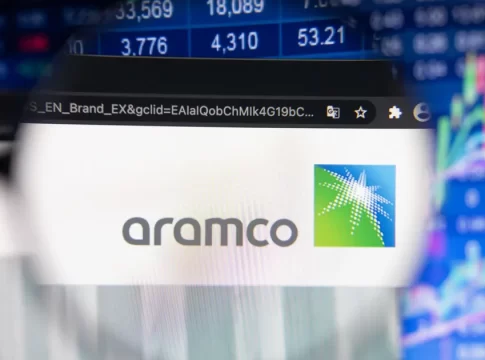Saudi Aramco, the world’s largest oil producer, has once again made headlines with its recent issuance of a $3 billion sukuk, which was oversubscribed by a remarkable six times. This issuance, structured in two tranches of $1.5 billion each, is set to mature in 2029 and 2034, and carries annual profit rates of 4.25% and 4.75%, respectively. This overwhelming demand underscores several significant economic implications.
Investor Confidence in Aramco and the Saudi Economy
The oversubscription of Aramco’s sukuk signals robust investor confidence not only in the company but also in the Saudi economy. As the backbone of Saudi Arabia’s economic structure, Aramco’s performance reverberates across the nation. Investors view Aramco as a stable entity, largely due to its vast oil reserves and the Kingdom’s strategic economic reforms under Vision 2030. The successful sukuk issuance suggests that investors are optimistic about Saudi Arabia’s ability to navigate the global energy transition and maintain its economic stability.
Strengthening the Islamic Finance Market
The sukuk’s success highlights the growing attractiveness of Islamic finance products on the global stage. As an alternative to conventional bonds, sukuk comply with Islamic law, offering profit-sharing instead of interest. This issuance by a heavyweight like Aramco reinforces the viability and appeal of sukuk as a financing tool, attracting both traditional and Islamic investors. By issuing dollar-denominated sukuk, Aramco is also expanding its reach to international investors seeking Sharia-compliant investment vehicles, thus bolstering the global Islamic finance market.
Implications for Oil-Dependent Economies
The terms and success of the sukuk offer insight into the current economic environment for oil-dependent economies. With profit rates set at 4.25% and 4.75%, the tranches offer competitive returns in a landscape marked by fluctuating oil prices and economic uncertainties. This could set a benchmark for other oil-producing nations or companies considering similar financing strategies. Moreover, Aramco’s ability to attract significant investment despite the volatility in oil prices may encourage other oil-dependent economies to pursue similar financial instruments, potentially altering how these countries approach debt and financing.
Broader Economic Impact and Future Outlook
Aramco’s sukuk issuance also provides a glimpse into the future of corporate financing in the Gulf region. As regional economies strive to diversify away from oil, the demand for innovative financial tools is likely to increase. Aramco’s success could encourage other regional giants to tap into the sukuk market, thereby fostering a more dynamic and diversified economic landscape in the Gulf.
In conclusion, Aramco’s oversubscribed $3 billion sukuk issuance is a testament to the company’s financial robustness and the growing appeal of Islamic finance. It reflects a vote of confidence from global investors in both Aramco and the broader Saudi economic landscape. As the world navigates economic uncertainties and the push for sustainable energy solutions, Aramco’s move sets a precedent that could redefine financial strategies for oil-producing economies. The implications of this sukuk issuance will likely ripple across markets, influencing both regional and global financial frameworks.



